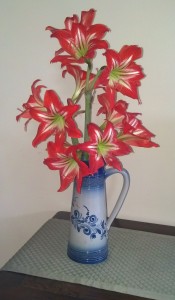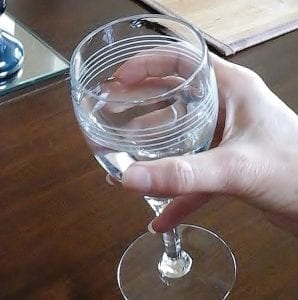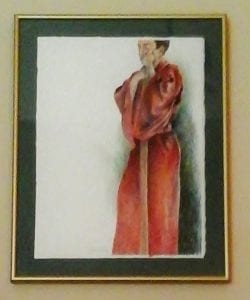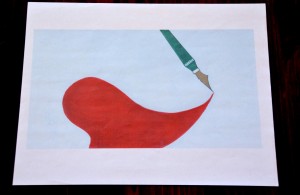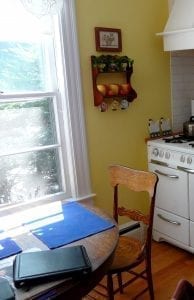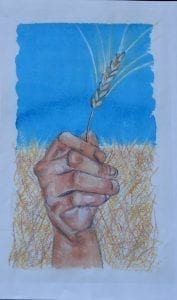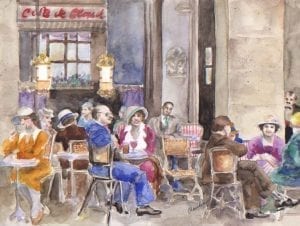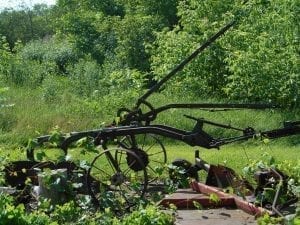The Teacher Speaks. . . . Any human action which must delve into its past for a pattern for progression is bound to fail. There must of needs be new attitudes, new forms of behavior that speaks to the new man and new times. A reaching back to the cradle for behavior, for mannerisms befitting the child to become adult is never a course of action to follow. The state of the progression must be one to choose an upward and though tentative step, it must be forward to be progression at all. The past must be forgiven its transgressions because those involved were not adult enough to know better. They truly did not know what they do. And because in our new knowledge, we do, we forgive but do not forget ever the behaviors that crippled us. And we will live never to inflict hurt upon those we touch. Let our attitudes be such that there will be gratitude in that we lived.
Suffer The Little Child
There are magic words
in my head
and yours, too,
turning upon themselves
like prayers. They invoke
graven images
cast upon the mind
in forms to be worshiped.
We uncover them like idols
in the churches of our choice,
when the season or
the time of solstice
assures us this is proper.
We bow before them
with reverence.
We pay homage or penance
for untold sins
and beg forgiveness for our humanness.
We forget we once
shared space with them,
helping to make them so beautiful.
Instead, we consign ourselves
to these words of magic
and pretend that we are
what we always were.
Denying ourselves a profit,
commensurate with our work,
we suffer the little child, forever.

